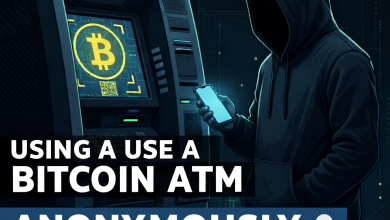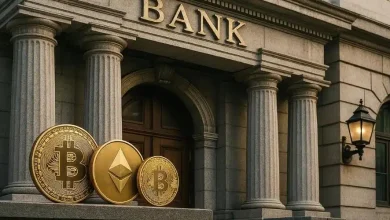MIT Brothers on Trial for $25M ETH Heist Pulled Off in 12 Second


Two brothers educated at the Massachusetts Institute of Technology (MIT) are facing federal charges in what prosecutors call a “first-of-its-kind” cryptocurrency fraud that drained $25 million from trading bots in just 12 seconds.
Anton Peraire-Bueno, 25, and James Peraire-Bueno, 29, appeared in Manhattan federal court last week, accused of carrying out a meticulously planned exploit on the ETH blockchain in April 2023.
According to the , the brothers manipulated pending transactions to deceive automated trading bots—known as “MEV bots”—into executing trades that allowed the pair to divert millions of dollars in crypto assets.
Prosecutors allege the brothers spent months analyzing ETH’s Block confirmer system before deploying custom code that performed a “bait-and-switch” maneuver at lightning speed.
The exploit reportedly targeted firms operating algorithmic trading bots that scan blockchain transactions for arbitrage opportunities. Once the bots reacted, the brothers allegedly intercepted and rerouted those trades to their advantage.
Investigators claim Anton and James later attempted to conceal their tracks by using shell companies, overseas platforms, and privacy wallets.
Their search history reportedly included queries such as “how to wash crypto” and “money laundering statute of limitations.” Assistant U.S. Attorney Kevin Mead told jurors the scheme showed “meticulous intent and calculated deception,” accusing the pair of “weaponizing their technical expertise for theft.”
Defense Pushes Back
The defense maintains that the brothers’ actions were not fraudulent but rather an aggressive—and legal—form of blockchain trading. Defense attorney Sean Hecker argued that the two operated within publicly available rules of decentralized finance, targeting bots rather than human traders.
“This was code interacting with code,” Hecker told the jury. “They didn’t hack a system or deceive a person. They exploited a publicly known mechanic in a permissionless network.”
Hecker added that the brothers voluntarily paid over $6 million in taxes on their crypto gains before the government’s investigation began, arguing that such behavior was inconsistent with criminal intent.
The trial, which has drawn national attention, features a jury composed entirely of college graduates—half of whom hold advanced degrees—reflecting the technical nature of the case.
Expert witnesses from blockchain analytics firms and ETH’s developer community are expected to testify about how Block confirmer operations and “maximal extractable value” (MEV) systems function.
If convicted, the brothers each face up to 20 years in prison on charges of conspiracy to commit wire fraud, wire fraud, and money laundering. The case has broader implications for the crypto industry, as it could establish new boundaries between legal algorithmic trading and digital market manipulation.







